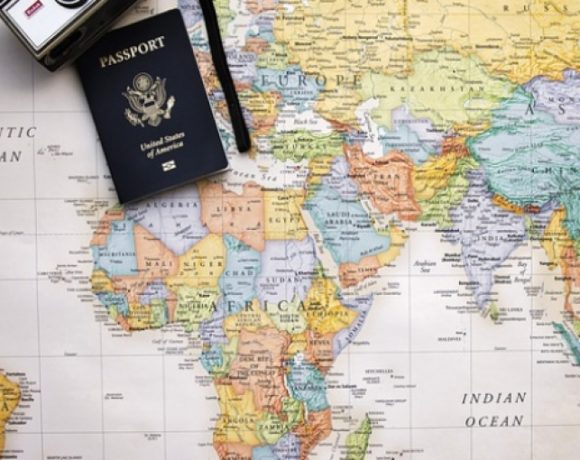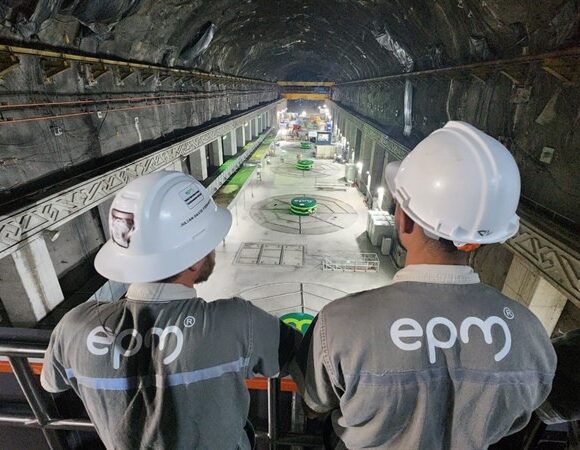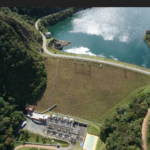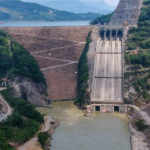Colombia Visa Changes Take Effect November 2
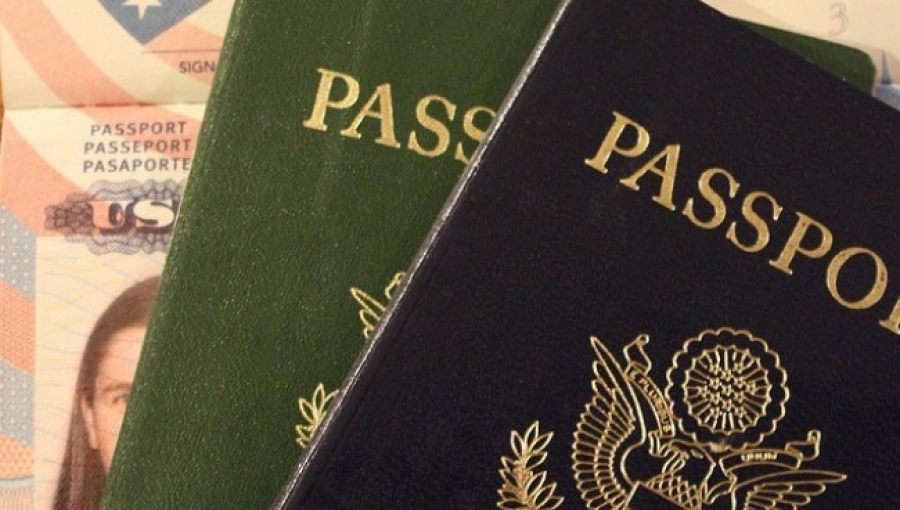
Colombia’s foreign ministry (Ministerio de Relaciones Exteriorores) has announced that changes to its visa regulations will take effect November 2.
In the announcement (see complete text in Spanish here: http://legal.legis.com.co/document?obra=legcol&document=legcol_74fa455ce7e44df19296af36ef78d8e8), the Ministry clarifies that it’s regrouping many different existing visa categories into three main categories: visitor (V), migrant (M) and resident (R).
While some changes are superficial — changes of words or categories, but not meaning — some clarifications are worth noting.
For example: “Visitors” for tourism, for investigating business opportunities, for contract negotiations and for sales representations are allowed stays of up-to-180 days, but such visitors cannot do local contract “work.”
However, “visitors” attending trade shows, conferences, sporting events, artistic events, doing film productions, executing journalism assignments, occupying temporary corporate assignments (for a non-Colombia-headquartered company) and performing certain volunteer projects are allowed to “work” at those assignments or events, according to the Ministry.
Those obtaining “migrant” visas (that is, those intending to become permanent residents) who are married to a Colombian national — or parents of a Colombian-born adopted child — likewise can “work” in Colombia for up-to-three-years, and also can apply to become a “resident” after two years.
In addition, “migrants” that obtain a local work contract or become a partner in a commercial enterprise here can obtain a “resident” visa after five years.
For real-estate investors, “migrant” visas can be obtained by investing at least 350 minimum Colombian monthly salaries. The current Colombian minimum monthly salary — COP$738,000 – multiplied by 350 equals COP$258 million, or about US$88,000 at current COP/USD exchange rates and current Colombian legal salary minimums.
To obtain the “migrant” visa, the real-estate investment must be accompanied by proof of free title (“certificado de libertad y tradicion del inmueble adquirido que pruebe titularidad”) as well as proof of registry of the foreign funds used for the purchase (“communicacion expedida por el Departamento de Cambios Internacionales del Banco de la Republica”).
For those seeking a “migrant” visa as a retiree, the applicant must show that a pension (such as Social Security or a private-sector pension) is at least three times the Colombian minimum monthly salary (COP$2,214,000 or about US$753). Alternatively, an applicant could get a “migrant” visa if receiving at least 10 times the minimum monthly salary (COP$7,380,000 or about US$2,510) from investments with regular payouts (such as annuities).
For “empresarios” seeking a “migrant” visa, you must show a capital investment of at least 100 minimum monthly salaries (COP$73.8 million or about US$25,000). For “independent” professionals, a “migrant” visa can be obtained if your bank records indicate earnings of at least 10 minimum monthly salaries over the prior six months.
Real-estate investors, commercial partners, contracted workers and pensioners with “migrant” visas also can apply for “resident” visas after five years.
In addition, registered foreign direct investors (FDIs) investing at least 650 minimum monthly salaries (COP$480 million, or about US$163,000) can apply for a “resident” visa.
Foreigners married to Colombian nationals also will continue to qualify for “resident” visas, as in prior visa regulations. “Resident” visas are good for five years and are renewable.
Visa applications are now processed on-line through the Ministerio de Relaciones Exteriores web-site (see: http://www.cancilleria.gov.co/en/procedures_services/visas).
After expats submit their applications, they typically make a subsequent trip to Ministry offices in Bogota to obtain their visa, although some specialist agencies and lawyers here in Medellin offer to handle that process for you.

